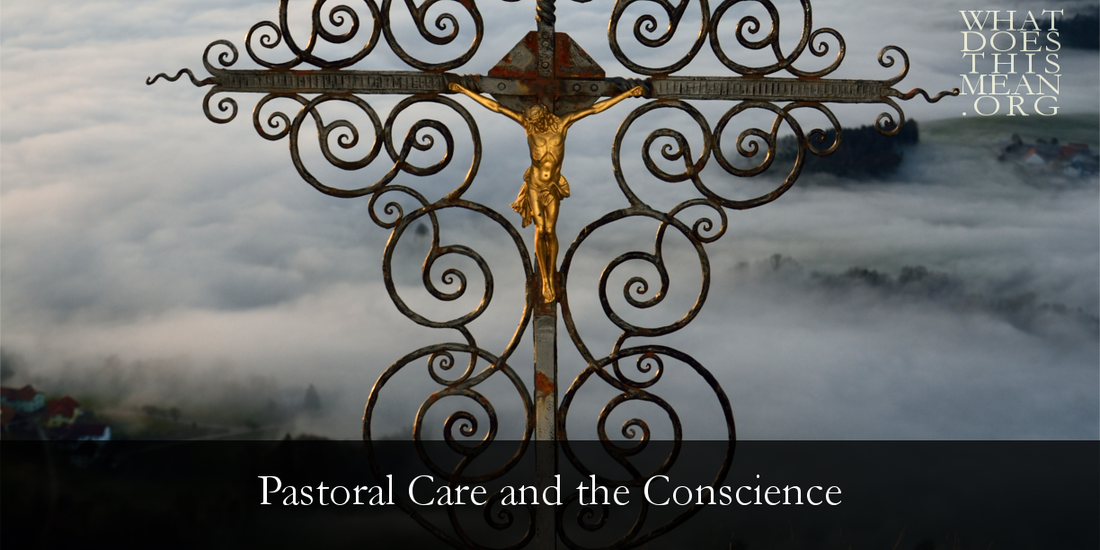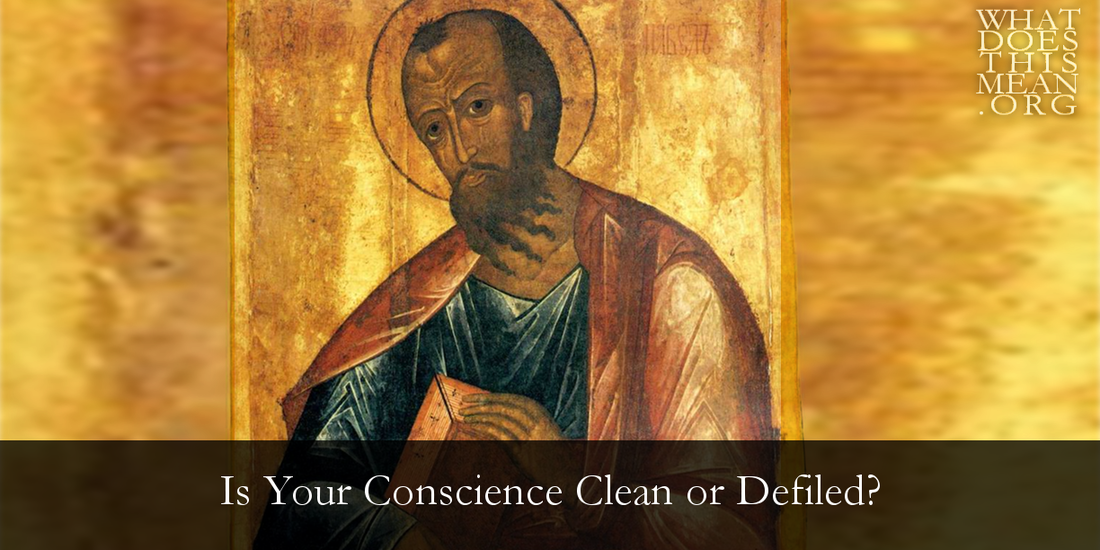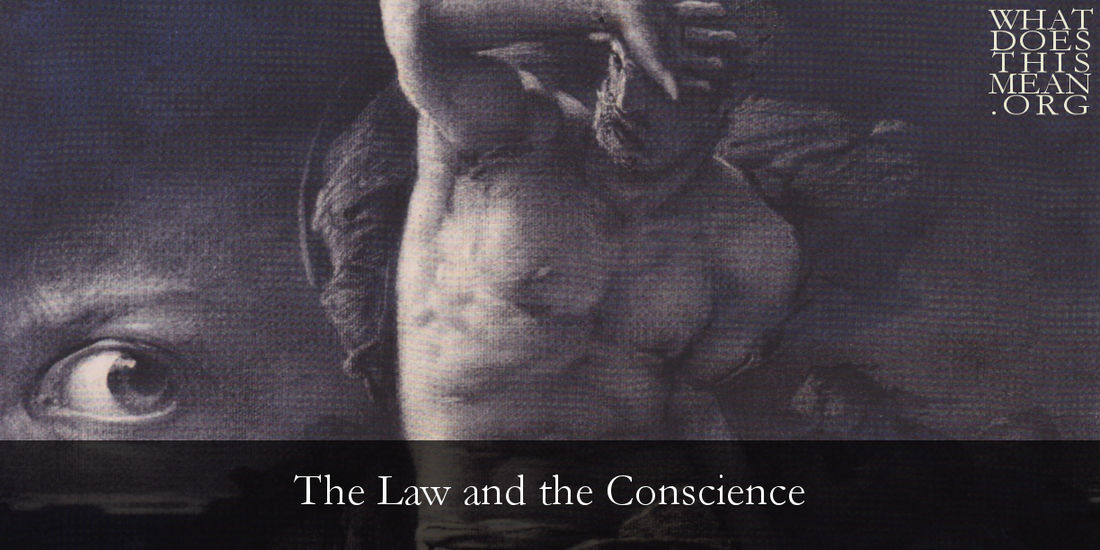To kick off this feature in Around the Word called “Pastoral Care and…,” it would probably be a good idea to lay down some definitions. The very first thing we need to get a handle on is what is meant by “Pastoral Care.” Pastoral care comes in two varieties: ordinary and extraordinary. The first is called ordinary not because it’s dull, but because it is mandated by God. Ordinary pastoral care happens week after week when Christians come into the presence of the living God in the Divine Service to receive His gifts. There, forgiveness of sins, life, and salvation are dispensed to penitent hearts through the Word proclaimed and the Sacraments administered. But on occasion Christians need individual attention. This is supplemental to the ordinary care we receive collectively in worship; hence it is commonly called “extraordinary.” Yet it’s hardly unusual. We all need personal pastoral care from time to time. So let’s focus on that: What do we mean by individual pastoral care?
|
Man’s conscience is a slippery topic to grab in the Scriptures. The word that Paul uses for conscience (syneidesis) is essentially absent from the Septuagint (the Greek translation of the Old Testament), and apart from Paul’s letters and mouth, it rarely occurs in the New Testament. To be sure, Paul was not inventing the concept, for there is no question of the reality of the conscience prior to Paul—just the terminology. The conscience can be seen in action throughout the Old Testament, though it is never described as such. Adam and Eve realized they were naked, felt shame, and felt the urge to hide their nakedness. Cain felt the need to lie to God regarding his brother, for he knew he had acted wrongly, and David despaired of his guilt in Psalm 51, crying out for God to cleanse him. Paul simply took up this concept of one’s self-awareness of sin according to the Greek philosophical language of his day.
If the conscience is really looking at God’s Law written on our hearts (Romans 2:15) when it judges right and wrong for us, then one thing seems pretty clear: The conscience is not to be trusted. If you could trust it, then certainly our consciences would agree with each other. There’d be no discussions about what is sinful and what’s not. We’d all agree, at least in theory. And this is clearly not the case.
|
ArchivesCategories |




 RSS Feed
RSS Feed
